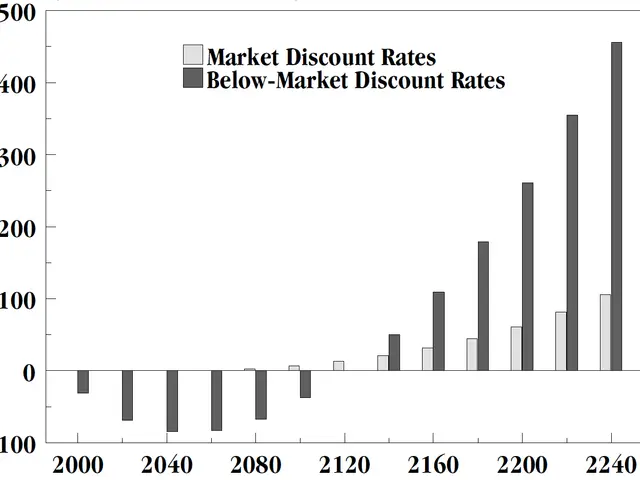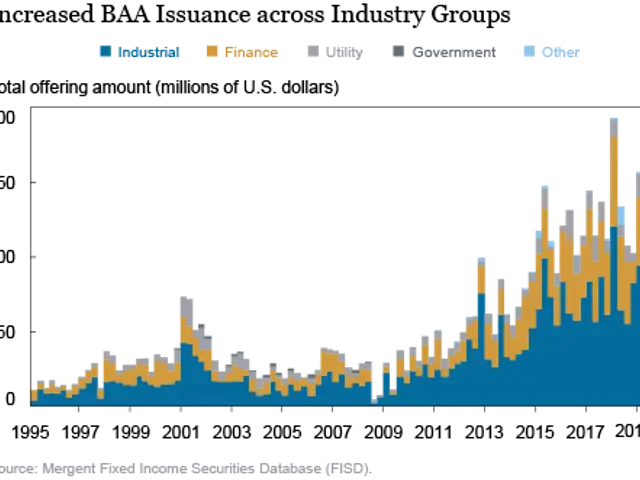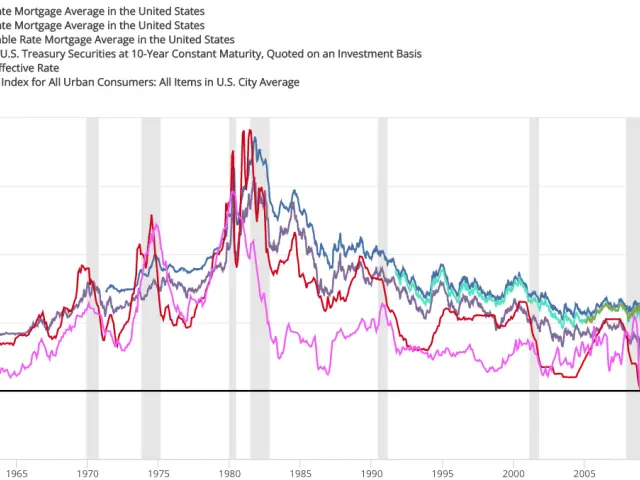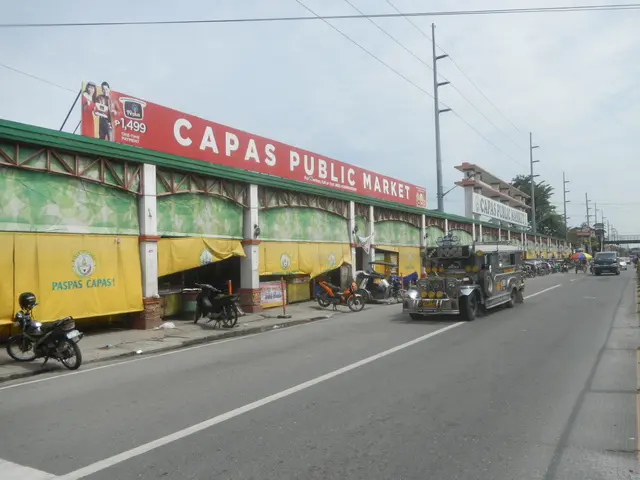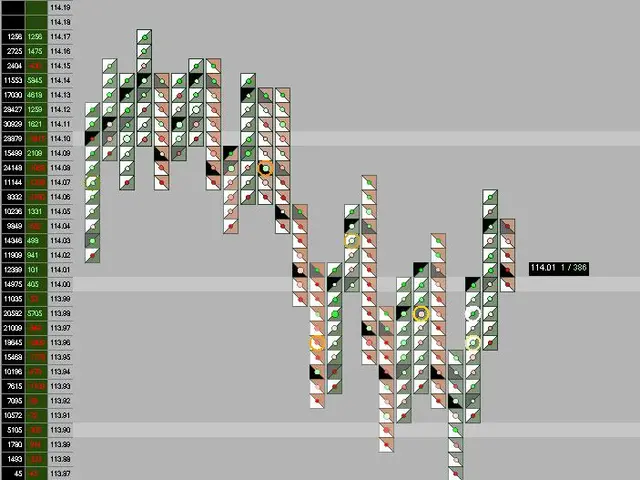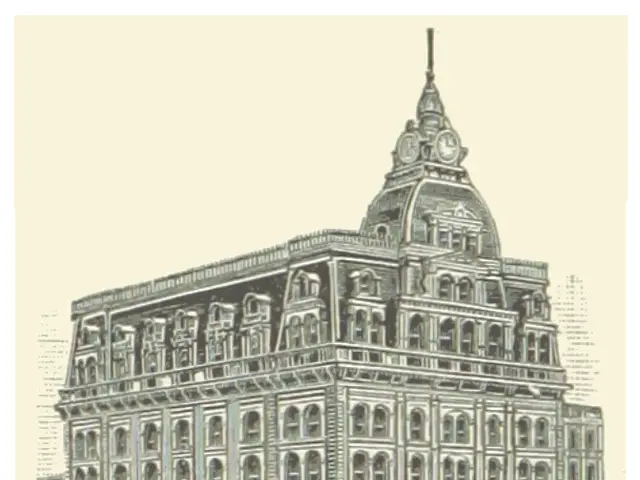Carlsberg's 1997 Feldschlösschen Acquisition: A Game Changer for Swiss Beer
Twenty-five years ago today, the Swiss beer landscape underwent a significant shift. Danish brewing giant Carlsberg acquired local beer producer Feldschlösschen for 870 million Swiss francs, marking the end of a long-standing beer cartel and ushering in a new era of competition and choice.
Until the 1990s, the Swiss beer market was tightly regulated with fixed prices, advertising restrictions, and defined distribution territories. This system, known as the beer cartel, maintained stability but also stifled diversity and kept prices artificially high. The 1995 Cartel Act dismantled this system, leading to rapid consolidation and the sale of key Swiss breweries to foreign owners.
Between 1994 and 2008, major Swiss breweries fell into the hands of multinational companies like Heineken and Carlsberg. Heineken, for instance, acquired Swiss breweries Cardinal in 1991 and Feldschlösschen/Brauerei Henniez in 2000. Carlsberg also took over Feldschlösschen in 2000. Today, these breweries operate under their respective parent companies' global networks, with Feldschlösschen based in Rheinfelden.
Carlsberg's acquisition of Feldschlösschen in 1997 symbolized the end of an era in the Swiss beer market. It paved the way for more competition, greater choice, and increased innovation in Swiss beer culture.
Read also:
- India's Agriculture Minister Reviews Sector Progress Amid Heavy Rains, Crop Areas Up
- Over 1.7M in Baden-Württemberg at Poverty Risk, Emmendingen's Housing Crisis Urgent
- Life Expectancy Soars, But Youth Suicide and Substance Abuse Pose Concern
- Cyprus, Kuwait Strengthen Strategic Partnership with Upcoming Ministerial Meeting

